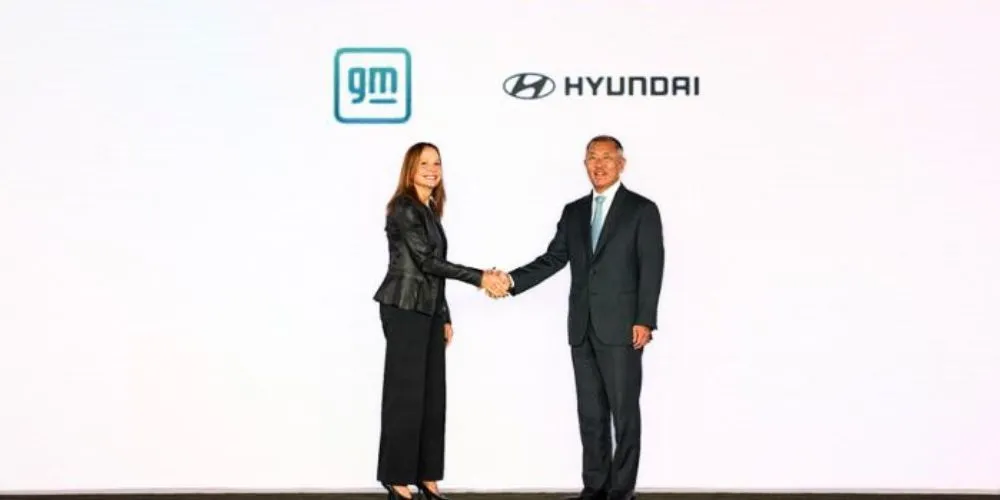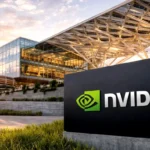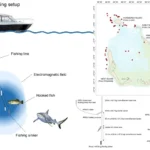Key Points
- Hyundai and General Motors signed a non-binding MOU to explore collaboration in vehicle development, supply chain, and clean energy technologies.
- The MOU will explore the co-development of passenger and commercial vehicles, electric and hydrogen technologies, and joint sourcing of key materials.
- The collaboration aims to reduce costs, enhance competitiveness, and accelerate the delivery of innovative vehicles to customers.
- Assessments toward binding agreements will begin immediately, with the potential for tangible results shortly.
Hyundai Motor Company and General Motors (GM) have signed a memorandum of understanding (MOU) to explore potential collaboration in vehicle development, supply chain optimization, and clean energy technologies. The agreement, signed by Hyundai Motor Group Executive Chairman Chung Euisun and GM Chair and CEO Mary Barra, aims to leverage the companies’ complementary strengths to reduce costs and accelerate the rollout of a wider range of vehicles and technologies.
The partnership will explore co-development and production opportunities across passenger and commercial vehicles, including those powered by internal combustion engines and electric and hydrogen technologies. The companies will also assess joint sourcing initiatives for critical materials such as battery raw materials and steel, which could reduce costs and enhance efficiency.
“This partnership will enable Hyundai Motor and GM to explore opportunities to enhance competitiveness in key markets and vehicle segments,” said Chung. “The partnership will drive cost efficiencies and provide stronger customer value through our combined expertise and innovative technologies.”
Barra echoed these sentiments, emphasizing the potential of the partnership to improve vehicle development processes through increased scale and more disciplined capital allocation. “GM and Hyundai have complementary strengths and talented teams,” she said. “Our goal is to unlock the scale and creativity of both companies to deliver even more competitive vehicles to customers faster and more efficiently.”
While the MOU is non-binding, the companies have indicated that assessments and further work towards binding agreements will begin immediately. This suggests that concrete outcomes from the collaboration may be seen soon, although specific partnership details have not been disclosed.
Hyundai Motor Group is currently the world’s third-largest carmaker by sales volume, while General Motors ranks sixth. Although the collaboration is not expected to evolve into a full-scale alliance like the Renault-Nissan-Mitsubishi Alliance, it is anticipated to impact the automotive industry significantly. Hyundai’s recent acquisition of GM India’s Talegaon plant, with an annual production capacity of 130,000 vehicles, aligns with Hyundai’s goal of manufacturing 1 million vehicles per year in India by 2025.





